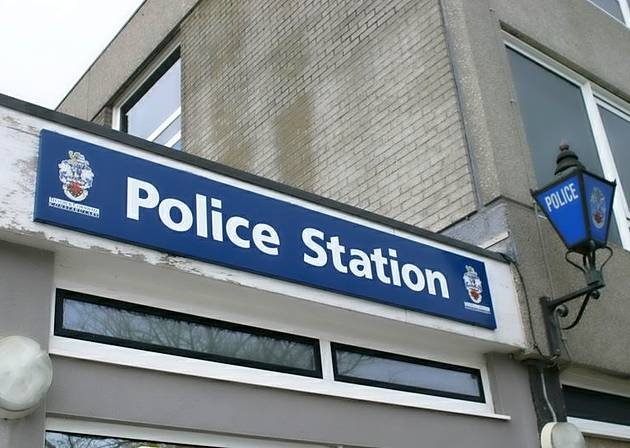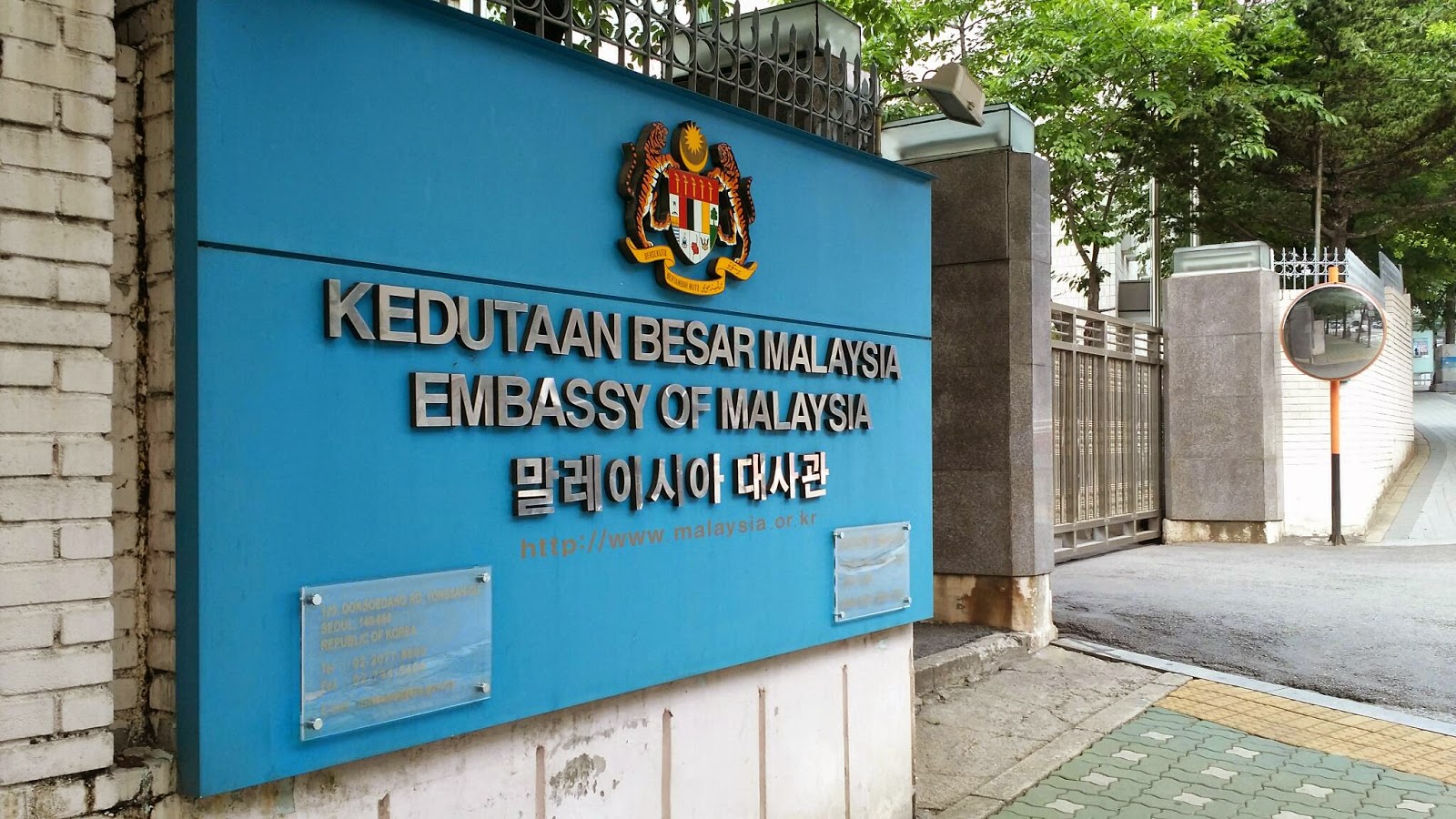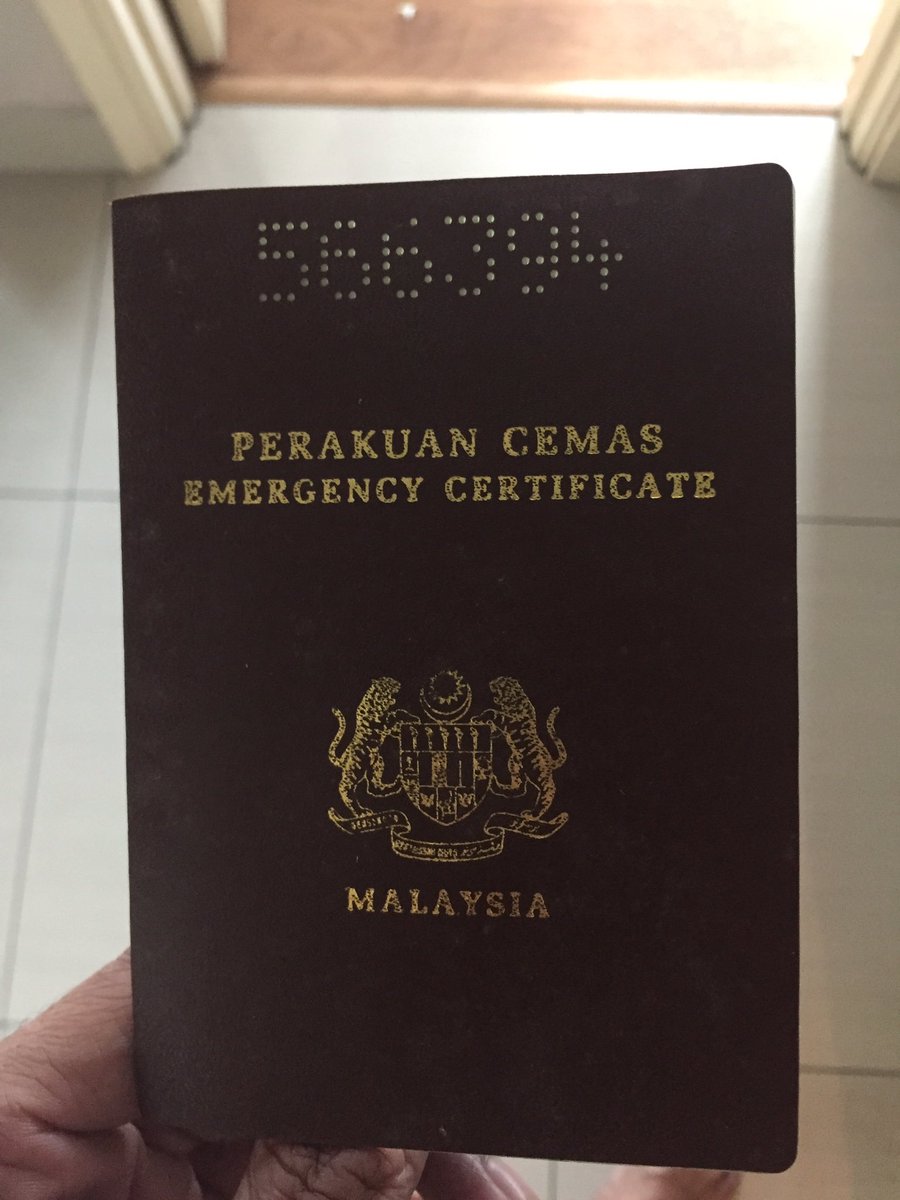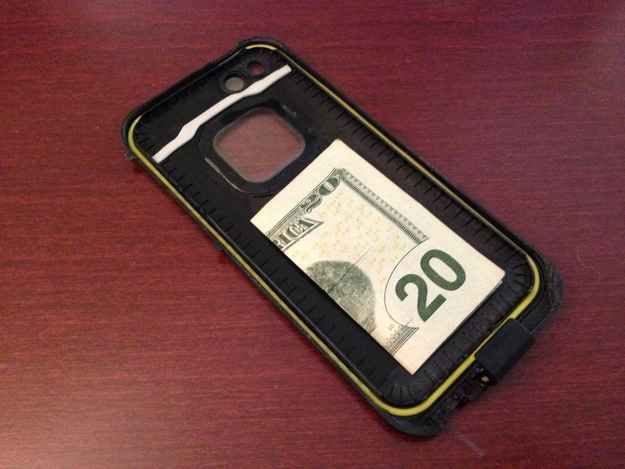If Your Passport Is Lost Or Stolen While You're Travelling Overseas, Follow These 3 Steps
It's better to be informed than sorry.
It's probably every tourist's greatest fear - to lose their passport or worse, to have it stolen when they're abroad
Losing your passport means you are essentially stranded in a country that's not your own, as you won't be able to get past immigration at the airport when you're supposed to fly home without it.
STEP 1: Head over to the nearest police station and lodge a report
Upon realising that your passport has been lost or stolen, you should immediately report the loss or incident at the police station closest to you. Make sure you obtain a copy of the police report, you're gonna need it for the next subsequent steps.
You might want to make multiple copies of the report as well, as you will most probably be required to submit a copy if you wish to make an insurance claim over the incident. It will also prove useful in the event that your passport is being used for dubious purposes after it has gone missing. The police report will serve as proof that someone else is using it instead of you.
STEP 2: Head over to the Malaysian Embassy (or any Malaysian Mission centre) to report the loss of your passport
You can locate the nearest Embassy, High Commission, Consulate, or Consulate General via the Ministry of Foreign Affairs' portal here. Do take note of the contact details and working hours.
If the country you're in does not have a Malaysian Embassy, you will need to find one that's in another country closest to you and contact them for further instructions.
NOTE: Some embassies may require you to make an appointment beforehand, such as the Consulate General of Malaysia in Los Angeles and High Commission of Malaysia in Canberra, Australia.
STEP 3: Apply for an Emergency Certificate
In the absence of your passport, the Emergency Certificate serves as a temporary travel document that will allow you to get past immigration and fly back home. It is only valid for 12 months and only allows for a single journey to the country mentioned in it i.e. Malaysia.
To apply for the Emergency Certificate, you are required to submit the following documents:
- A copy of the police report
- A completed and duly signed copy of Form F - IM.42 (Borang Permohonan Pasport / Dokumen Perjalanan)
- Proof of Malaysian citizenship e.g. identity card (MyKad or MyKid)
- 2 photos measuring 3.5cm x 5.0cm
- Processing fee of RM50 (may differ according to currency exchange rates)
NOTES:
1. Some embassies (e.g. Washington, USA and Australia) might require you to present or submit additional documents (both original and photocopies) such as your flight ticket, birth certificate (for children below 12), and cover letters explaining why/how you lost your passport. Do check with the relevant Embassy or Mission before submitting your application.
2. Your application will take at least three to five working days to be processed.
3. The Emergency Certificate is not recognised for travel via the following countries: Brunei, Canada, Chile, France, Germany, Holland, Iran, Iraq, Italy, Japan, Jordan, Kuwait, Norway, Oman, Papua New Guinea, Senegal, Sudan, Switzerland, Turkey, and U.A.E.
Once you've gotten your Emergency Certificate, you should be able to fly back to Malaysia and proceed to get your passport replaced at the Immigration Department.
On that note, there are also some things you could do BEFORE going overseas in the unfortunate event that this happens to you:
(i) Identify the Malaysian Embassy or Mission centre of the country (or countries) you are visiting
You can look it up by country via the Ministry of Foreign Affairs' online portal here.
Jot down the address, contact number, e-mail address, and working hours in your phone and/or a piece of paper so you can easily access it in case you don't have Internet connection.
(ii) Don't put all of your cash and ATM / credit / debit cards in one place
When something like this happens, you're definitely going to need money to pay for taxi fares to get you to the police station and embassies, calls, processing fees, and possibly for extra nights of accommodation or flight tickets.
Instead of putting them all in your wallet, consider stashing some cash in safe places other than your wallet (e.g. pockets, in your shoe, in your phone cover, other on-body storage) so you have a cash reserve in case your bag with your money and other personal belongings are also stolen along with your passport.
In addition, before going abroad, call up your bank to activate your cards for overseas transactions and make sure you have some money in your account so you can withdraw cash if you need to.
(iii) Scan identification documents and send the files to yourself via e-mail or save them to Google Drive or Dropbox
In the event that you lose your phone as well along with your passport and other belongings, you can access and print out these documents as long as you can find a computer and WiFi.
Or you can print them!
There's always the likelihood of problems arising when you travel. Here's what you can do when faced with such situations:




